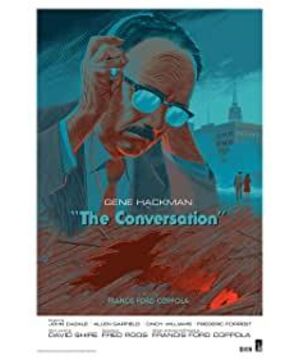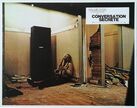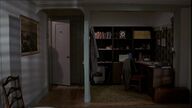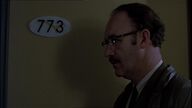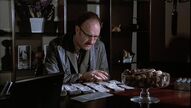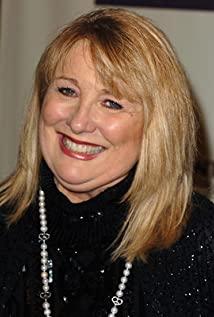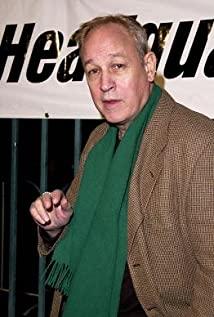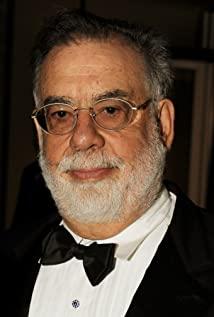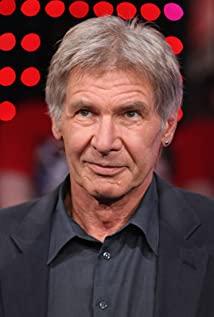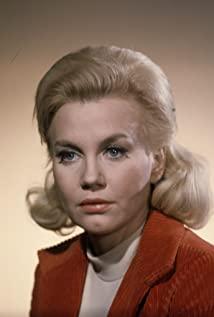The early masters were also all kinds of worrying about the country, the people, compassionate people, and it’s okay to pay tribute to the suffering masters of the ancestors (Hitchcock), but the characters in this film are too internalized and the environment background of the times is too strong, so that they don’t really live in that era. It is difficult for Europeans and Americans to understand the large number of metaphors in the film and understand the emotional anxiety of the characters. To put it bluntly, the universal meaning is not strong, and it is difficult for people to remember and understand the film. There are still many "good" movies of this type that are difficult for ordinary audiences to understand in film history. However, the skillful scene scheduling of the lens language, coupled with Coppola's continuous innovation and excellence in the use of movie sound, is nothing wrong with film history leaving a name and a Palme d'Or. At the same time, we can see from this film how big the difference is between the American orthodox society and the misunderstanding of the people under our propaganda, and how strong the absolute traditional Christian moral concept is.
View more about The Conversation reviews


